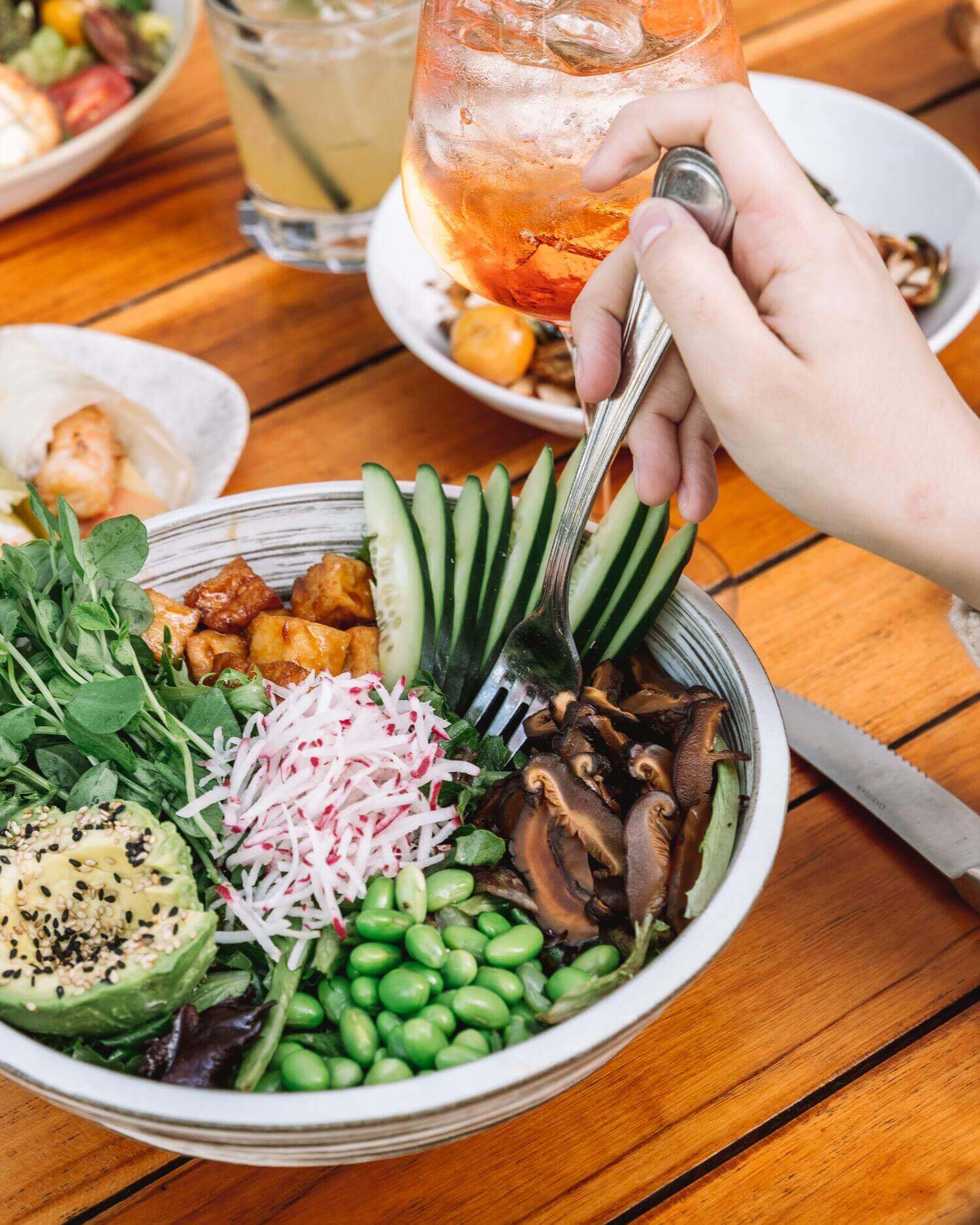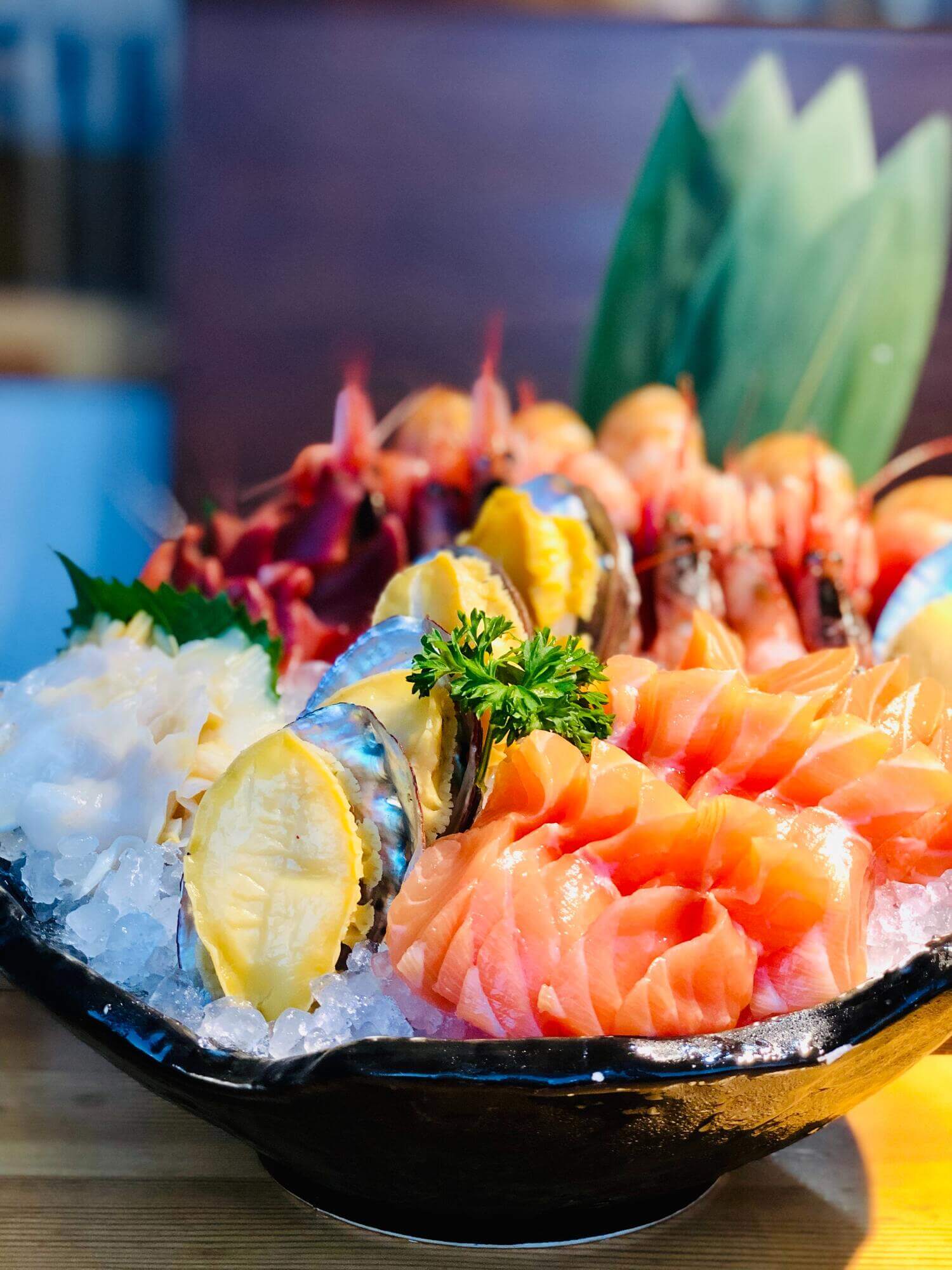If you're feeling tired and fatigued, low iron levels may be to blame. Iron is a mineral that your body needs in order to operate optimally. As a result, it's critical to have enough of it in your diet and on a regular basis.
The body needs iron for its growth and development. Your body uses iron to produce hemoglobin, a protein present in red blood cells which carries oxygen from the lungs to various parts of the body; and myoglobin, a protein that provides the muscles with oxygen. Your body also requires iron to synthesize certain hormones. When iron levels are low, you can get anemia and become anemic, where you don’t have enough red blood cells to carry oxygen to the body's tissues.
The foods you eat affect not just how much iron you ingest, but also how effectively it is absorbed by your body. Once iron is absorbed by your body, it is utilized as a building block for hemoglobin, a protein found in red blood cells that helps transport oxygen throughout your body.
If you're experiencing symptoms of low iron levels or have been diagnosed with anemia, there are several ways to boost your iron intake and get your energy levels back on track. In this article, we'll explore some simple, natural ways to raise your iron levels at home.
What exactly is iron deficiency?
Iron deficiency is a common type of anemia that can be caused by insufficient intake or absorption of iron.
If your body doesn’t get enough iron, then your body cannot produce enough hemoglobin in red blood cells that help transport oxygen throughout your body. Hemoglobin is a protein found in red blood cells that is responsible for carrying oxygen from the lungs to other tissues and organs in the body. When the body lacks sufficient iron to produce hemoglobin, you can get iron deficiency anemia, which can cause symptoms like fatigue, weakness, shortness of breath, dizziness, and headaches.
Therefore, it is important to ensure that you consume enough iron in your diet to prevent iron deficiency anemia and to maintain your overall good health.
Iron resources
There are two different sources of iron. Non-heme iron is the form of iron found in plant-based foods and iron supplements, while heme iron is the form of iron found in animal-based foods such as red meat, poultry and fish.
Heme iron accounts for 10% of dietary iron. Contrary to nonheme iron, heme iron has a high absorption rate and is less affected by dietary factors. However, if you are reliant on nonheme iron, eating foods that contain vitamin C (such as citrus fruits, tomatoes, or bell peppers) in tandem with foods that contain non-heme iron can help increase your iron absorption.
Heme iron sources include:
- Red meat (beef, lamb, pork)
- Poultry (chicken, turkey)
- Seafood (fish, shrimp, oysters, clams, mussels)
- Organ meats (liver, heart)
Non-heme iron sources include:
- Legumes (beans, lentils, peas, chickpeas)
- Nuts and seeds (almonds, cashews, pumpkin seeds, sesame seeds)
- Whole grains (brown rice, quinoa, oatmeal)
- Vegetables (spinach, kale, broccoli, asparagus)
- Iron-fortified foods (cereals, bread, tofu)

4 useful tips to increase iron levels
There are several simple and effective ways to increase your iron levels:
Consume vitamin C-rich foods
Iron absorption has been demonstrated to be improved by increased vitamin C consumption. It binds to non-heme iron and becomes stored in your body in a form that it can readily absorb.
Citrus fruits, dark leafy vegetables, green peppers, melons, and berries are all rich in vitamin C.
As a result, drinking citrus juice or eating other vitamin C-rich meals while eating foods high in iron can help your body absorb more iron.
Iron absorption in vegetarian and vegan diets may be improved by eating vitamin C-rich vegetables during meals.
Vitamin A and beta-carotene-rich foods
Vitamin A aids in the release of iron from the body's reserves. As a result, sufficient vitamin A intake is critical for avoiding iron deficiency anemia.
Carrots, sweet potatoes, spinach, kale, squash, red peppers, melons, apricots, oranges, and peaches are all high in beta-carotene and vitamin A.
Consume meat, seafood, and poultry
Meat, fish, and poultry are not only a good supply of heme iron that is easy to absorb - they may also enhance non-heme iron absorption. Eating a meal that has both heme iron and non-heme iron may help the body absorb more non-heme iron, leading to an overall increase in iron intake.
Avoid consuming calcium-rich foods and iron-rich foods together
Calcium is a mineral that is necessary for bone health. However, some evidence has shown that it can inhibit heme and non-heme iron absorption.
One review discovered that even though the effect was minor, calcium has a detrimental influence on iron absorption in the short term. Calcium-rich foods should not be consumed together with meals that include the majority of your daily iron intake so that you enhance iron absorption.
For example, if it is feasible, you should take calcium and iron supplements at separate times of the day.

What are the potential consequences of excessive iron intake?
Iron poisoning through diet is uncommon. Your body has its own balancing mechanism to ensure that you get just the right amount of iron.
However, taking iron supplements excessively may result in lethal overdoses and other health repercussions.
Overly high iron levels may also occur in persons suffering from hemochromatosis. This is generally due to a gene that increases iron absorption.
Other causes of excess iron in the body include multiple blood transfusions, excess iron consumption through supplements, and other uncommon metabolic diseases.
Excessive iron consumption over time may result in significant deposits of the mineral forming in the liver and other tissues. If you're thinking about taking an iron supplement, it's always a good idea to consult your doctor first to determine whether it is necessary.
When should you visit a doctor?
Consult your doctor if you develop signs and symptoms of iron deficiency anemia. Iron deficiency anemia should not be self-diagnosed or treated. Rather than taking iron supplements on your own, see your doctor for a diagnosis. Overloading the body with iron can lead to other problems because it can damage your liver and create other issues.
To find out your body’s iron levels through your urine and to learn about other minerals that you can track through your urine, such as your body’s sodium levels , check out Vivoo. Vivoo’s urine test strips can enhance your overall well-being by helping your track your body’s iron, protein, sodium, pH levels, and more!












